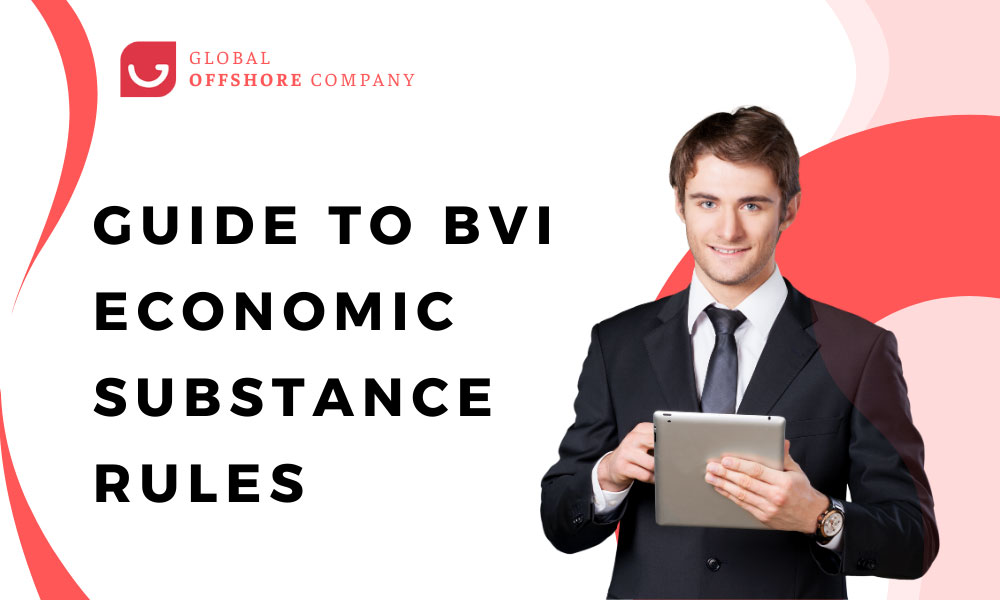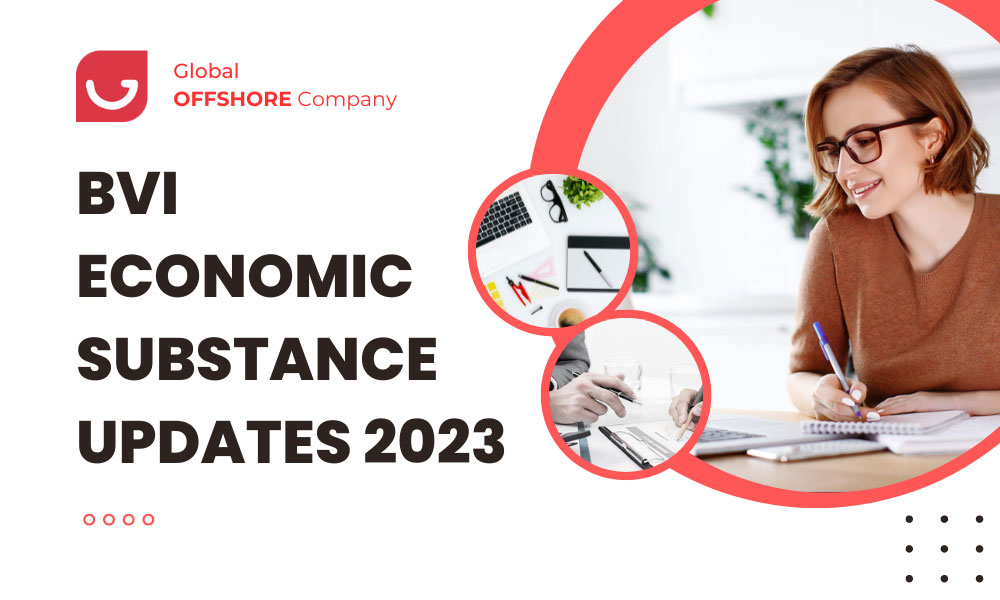BVI Economic Substance Updates 2023
Introduction:
The British Virgin Islands (BVI) has long been regarded as an attractive jurisdiction for international business and offshore activities. To align with international standards and mitigate concerns regarding tax evasion and base erosion, the BVI introduced Economic Substance Rules in 2019. In this article, we delve into the evolution of these rules from their inception in 2021 to the latest updates in 2023, shedding light on their implications for businesses operating in the BVI.
Understanding the Economic Substance Rules (ESR) - 2021:
In response to global initiatives aimed at combating harmful tax practices, the BVI enacted the Economic Substance (Companies and Limited Partnerships) Act in 2018. The Economic Substance Rules, which came into effect in 2021, were devised to ensure that entities engaged in specific relevant activities within the BVI demonstrate a substantial economic presence in the jurisdiction.
Key Components of ESR 2021:
The ESR 2021 laid down foundational aspects for compliance:
1. Relevant Activities: The rules apply to entities conducting specified activities like banking, insurance, fund management, intellectual property, shipping, etc.
2. Economic Substance Test: Entities subject to the rules are required to meet economic substance tests, including maintaining a certain level of employees, incurring expenditures, and having a physical presence within the BVI.
3. Reporting Obligations: Entities falling under ESR's ambit must submit annual reports providing details of their activities, income, expenditure, and employee count in the BVI.
4. Penalties for Non-Compliance: Failure to meet substance requirements could result in penalties, fines, and potential striking-off from the BVI's register.
Updates and Implications in 2023:
In the dynamic landscape of international taxation, the BVI's Economic Substance Rules have seen noteworthy updates and implications in 2023:
1. Refined Definition of High-Risk IP Activities: The BVI, aligning with evolving international standards, refined the definition of high-risk intellectual property (IP) activities. This ensures a more nuanced assessment of IP-related business operations.
2. Expanded Reporting Requirements: The updates expanded the scope of reporting, necessitating entities to provide additional information related to their income, expenses, and activities.
3. Revised Classification of Holding Companies: The classification of holding companies has been revised, impacting the applicability of Economic Substance requirements. Holding companies with purely equity holdings are now generally exempt, but those generating income from their holdings are subject to compliance.
4. Stricter Enforcement and Penalties: With the updates, the BVI has reinforced its commitment to robust enforcement. Non-compliant entities now face stricter penalties, including potential regulatory sanctions.

Implications for Businesses:
The updates in BVI's Economic Substance Rules have several implications for businesses operating in the jurisdiction:
1. Enhanced Compliance Requirements: Businesses must revisit their operations to ensure alignment with the refined definitions and expanded reporting obligations.
2. Reassessing Holding Company Structures: Holding companies need to assess their income streams to determine if they fall within the exemption or compliance category.
3. Mitigating Risks: Stricter enforcement necessitates businesses to ensure rigorous compliance to avoid penalties and potential reputational risks.
4. Professional Guidance: Navigating these complexities demands expert advice from legal, tax, and regulatory professionals.
Conclusion:
The evolution of the BVI Economic Substance Rules from their inception in 2021 to the updated landscape in 2023 reflects the jurisdiction's commitment to align with international standards. Businesses operating in the BVI must remain vigilant in understanding the implications of these rules, adhering to the refined definitions, expanded reporting requirements, and stricter enforcement measures. As the international tax landscape continues to evolve, staying informed and seeking professional guidance is essential to ensure compliance and mitigate risks in this dynamic environment.
Disclaimer: This guide serves as a reference tool and should not substitute legal advice. For tailored guidance, consult G.O.C's customer services.







